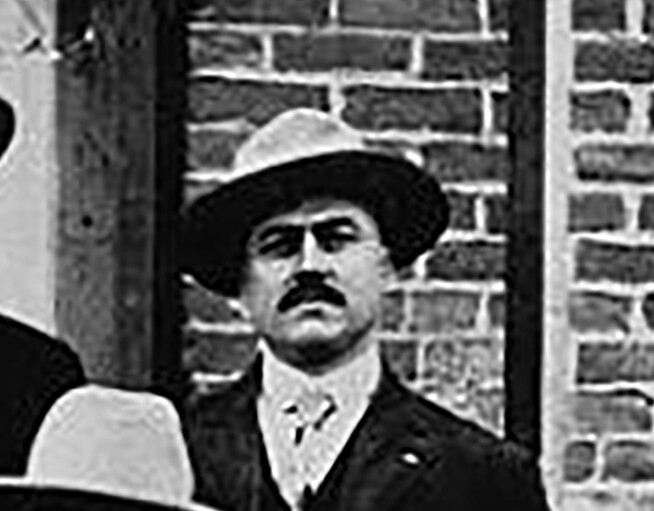The Baseball Team That Would Literally Die If They Lost

The threat of death is, inarguably, a strong motivator. That’s why it’s both legally and morally frowned upon as a tool. Nothing would more deeply guarantee that you hit a work deadline, but neither you, nor the company janitor, can rightfully be asked to consider that. One of the only situations in the modern world where death is dangled as an outcome (and still controversially at that) is capital punishment. Whether death is actually a worse fate than life in prison is up to your personal beliefs — and probably your access to reading material — but that’s a discussion for a different article, on a different website.
Another signature facet of receiving the death penalty is that you don’t have control over when it occurs. Otherwise, everyone would clearly just choose a date like “September 30, 2099.” For one particular group of death-row inmates in a Wyoming prison in 1910, however, they were given some control over just how long the remainder of their life was.
Don't Miss
At the time, the Wyoming State Penitentiary had ended up with an extremely strange turn of fate: among its inmates were a full roster’s worth of excellent baseball players. The idea of athletes being treated differently when it comes to the law isn’t something unfamiliar today; it just usually happens before the sentencing, not after.

The warden of the Wyoming State Penitentiary, Felix Alston, was a huge baseball fan. This led to him cooking up a plan that, at least originally, was intended as a morale booster for the imprisoned men. Unfortunately, it’s hard to do anything “for fun” when the participants have a scheduled death date. Of particular note was a prisoner named Joseph Seng — by far the best player, and the one with the most immediate threat to his life. Whether those two were linked, only he would know. Though conclusive evidence that the convicts’ success on the field was related to how soon some of them would see the gallows isn’t recorded (you can imagine that’s not the sort of paperwork anyone’s signing off on), there are two things we do know.
First is that the players believed that it was. This was spurred on by captain George Saban, who wasn’t just the prisoner of, but a close personal friend of the warden. Saban directly told the team that not only could victory grant them reprieve, but that on-field errors would result in added time to the rest of their sentences. Whether that information was truly backed up by the warden, we can’t say, especially because Saban, who thanks to his friendship with Alston had the unique privilege of daily trips to the outside world, was also taking illegal bets on the games, making positive performance a personal interest of his. Second is that, at least once, Seng’s execution date was conveniently the subject of a stay when it would have occurred before a game.

Here’s the starting lineup of the Wyoming State Penitentiary All Stars, along with their crime:
- SS Joe Guzzardo (manslaughter)
- 1B Eugene Rowan (rape)
- 2B Frank Fitzgerald (breaking and entering)
- 3B John Crottie (grand larceny)
- CF Sidney Potter (forgery)
- RF Joseph Seng (first-degree murder)
- LF Earl Stone (breaking and entering)
- LF Ora Carman (grand larceny)
- P Thomas Cameron (sexual assault)
- P Harry Pendergraft (larceny)
- C James Powell (rape)
- Coach/Captain George Saban (murder)
On the other side of the field? The incredibly regular team fielded by the Wyoming Supply Company, the Juniors. They were the only opponent for all four of the games played by the WSP All Stars, before, shockingly, the entire enterprise started receiving bad press. The governor was tired of having to explain why death-row inmates were playing baseball, and the obvious gambling surrounding it didn’t smell great either. He wrote to the warden “expressing his concern,” which in politics speak, means “cut this shit out, posthaste.” The team was dissolved, and Seng was executed the next year.
As for their record? They went undefeated. Four wins, zero losses. Like they had any other choice.